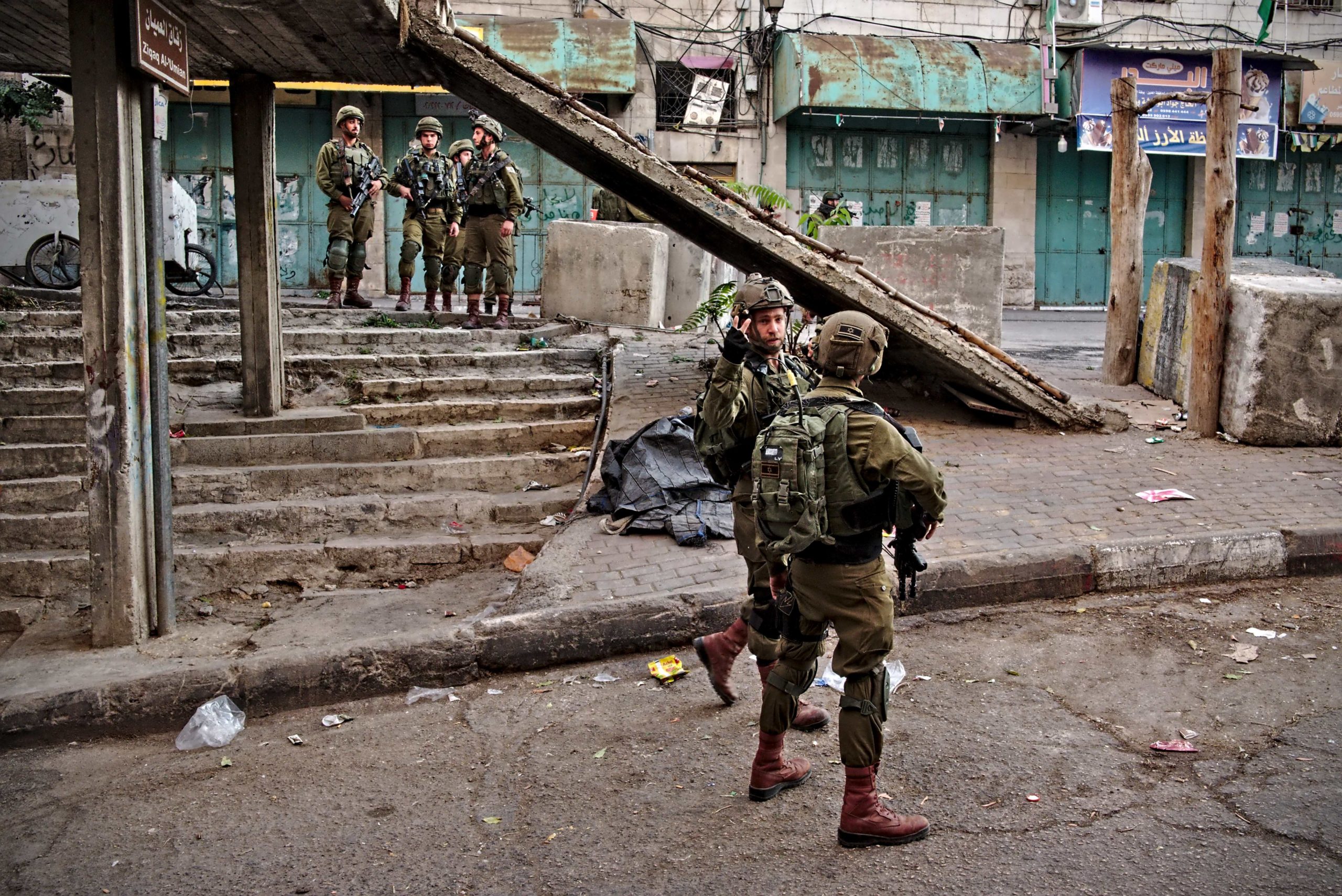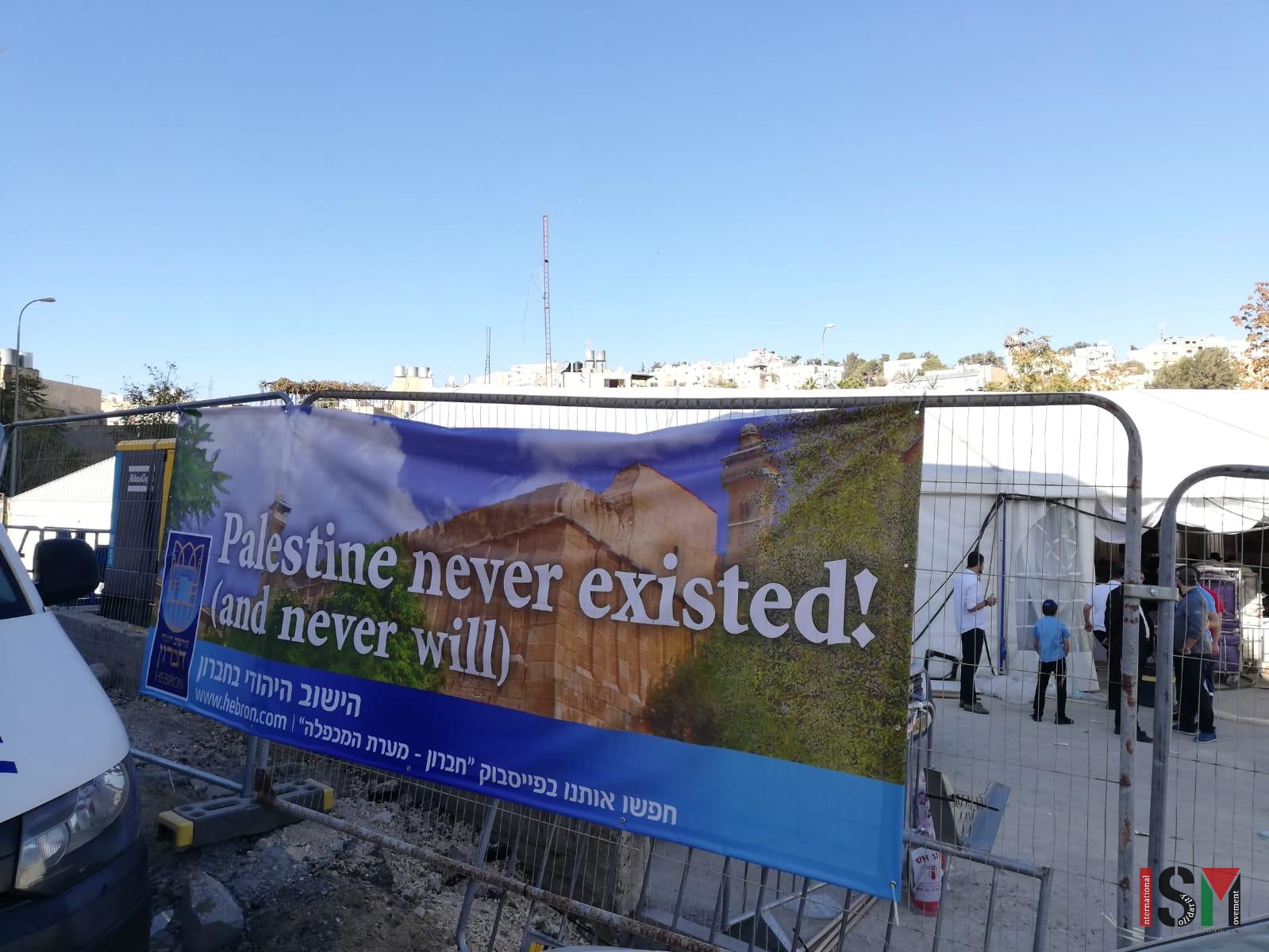Tag: Hebron
-
Attacks and disruption in Al-Khalil as settlers celebrate Sarah’s Day
December 29 | International Solidarity Movement | Al-Khalil Around 30,000 settlers gathered in Al- Khalil (Hebron) on Saturday, November 19, to celebrate Sarah’s Sabbath and wreaked havoc in the Old City market, attacking Palestinians and their shops, houses and destroying cars. This happened under the watch of the Israeli army who cordoned the area so…
-
About the legitimisation of the Palestinian oppression in Al Khalil (Hebron)
Personal reflections of a ISM activist about the settlers’ violence and its related impunity in Al Khalil, West Bank. To which extent these people are allowed by the Israeli soldiers to transform a Palestinian city into their own amusement-park?
-
When holidays bring hate: Sarah’s Day in Occupied Hebron
For Palestinians living in Occupied Hebron, Sarah’s Day, a major Jewish holiday, means an increase in violent attacks by illegal Israeli settlers.



